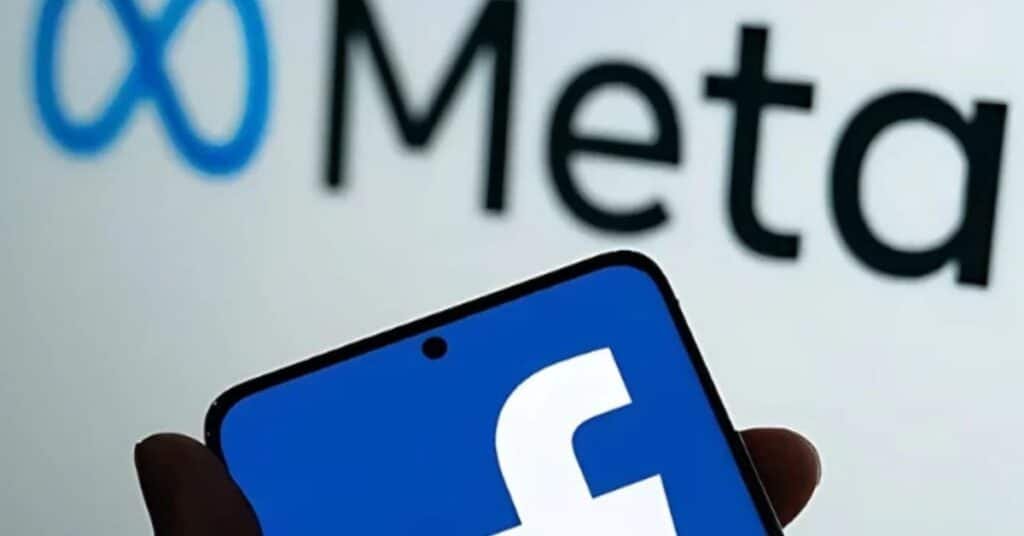CALIFORNIA (Kashmir English): Meta has announced that it will begin enforcing stricter measures to curb AI-driven ‘unoriginal’ content on Facebook.
The move has been designed against Facebook accounts that repeatedly share unoriginal content, including images, reused text, and videos, as part of a broader push to protect content integrity and support original creators on the social media platform.
The company made the announcement through a blog post on its website, revealing that it has already removed around 10 million accounts in 2025 only for impersonating well-known content creators. Meta has also taken action against an additional 500,000 profiles engaged in spam tactics or generating fake engagement.
Access to Facebook’s monetisation programmes
The company intends to launch actions including reducing the visibility of posts and comments, as well as suspending access to Facebook’s monetisation programmes against the violators.
The move comes on the heels of similar policy changes by YouTube, which recently moved to clarify its own stance on mass-produced, repetitive videos, particularly those enabled by generative AI.
Meta has, however, clarified that users who transform existing content through commentary, reactions, or trends will not be affected.
Instead, the company will take action against accounts that simply repost material – either through spam networks or by impersonating the original creator.
Accounts found to be repeatedly violating these standards will face penalties, including being barred from monetising their content and a reduction in the distribution of their posts across Facebook’s algorithmic feeds.
Meta is soon expected to introduce a new feature that will insert links in duplicate videos directing viewers to the original source, a move aimed at ensuring that original creators receive proper attribution.
It is to mention here that at present, content across social platforms has become increasingly saturated with low-quality, AI-generated media.
Meta, in its most recent Transparency Report, said that 3% of Facebook’s monthly active users worldwide are fake accounts, and it acted on 1 billion such profiles in the first quarter of 2025.




